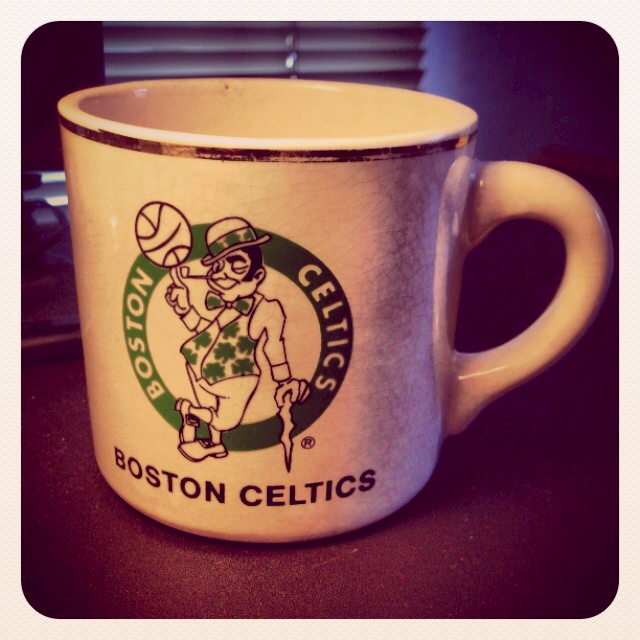In honor of last night’s World Series finale and the kick-off of the NBA season this week, a re-post from two years ago about team names – the good, the bad, the curious, the hilarious:
The question at answers.com was logical enough: a fan of the Los Angeles Lakers wondered where all the lakes were in the City of Angels. In Minnesota, it turns out. Before the Lakers came to Tinseltown, they were the Minneapolis Lakers. Makes sense. Minnesota is the Land of 10,000 Lakes. When the franchise headed west, it left the lakes behind, but not the name. And for more than 50 years, in the most densely populated urban area in the United States, basketball fans have flocked to see a team with an idyllic, outdoorsy moniker.
Here in New England, our team names present no such hiccup. The Patriots and Revolution connect to our colonial past. The Celtics reflect Boston’s large Irish-American population. Red Sox became an official nickname in 1908, after the club adopted red as its color and featured a red stocking on the front of its players’ jerseys. The original owner of Boston’s professional hockey team wanted a nickname that suggested speed, agility, and cunning. Bruins delivered the hat trick. It also lent itself to brown and yellow uniforms, which just happened to be the colors of the owner’s grocery chain.
The Lakers are not alone in maintaining a nickname despite its disconnect to a new locale:
> The Baltimore Colts were named in honor of the region’s rich history in horse racing. Indianapolis, where the Colts moved, is famous for racing, too, but the focus is on a different type of horsepower.
> British Columbia is home to a large grizzly bear population. Naming an NBA team the Vancouver Grizzlies made sense; keeping the name when the franchise moved to Memphis did not. Favorite son Elvis has left the arena, and there is no risk of a grizzly attack outside.
> The New Orleans Jazz pioneered the use of singular nouns in team names (the Miami Heat, Colorado Avalanche, Orlando Magic, etc., would follow). It’s one of my all-time favorites. But when the franchise moved to Utah, the name became oxymoronic. Utah Jazz? Imagine Thelonious Monk sitting in with the Mormon Tabernacle Choir.
At the college level, leave it to two New England athletic powerhouses – Berklee College of Music and Rhode Island School of Design – to give us inspired team names. Berklee’s hockey squad – the IceCats – reflects the school’s contemporary music pedigree. (According to berkleegroove.com, “contrary to popular belief, some musicians actually are capable of playing sports.”)
And then there’s RISD’s hockey team. The Nads may strike you as a curious name, until you cheer on the team at the top of your lungs:
GO NADS! GO NADS!
In the universe of team names, the Nads are in a league of their own.
